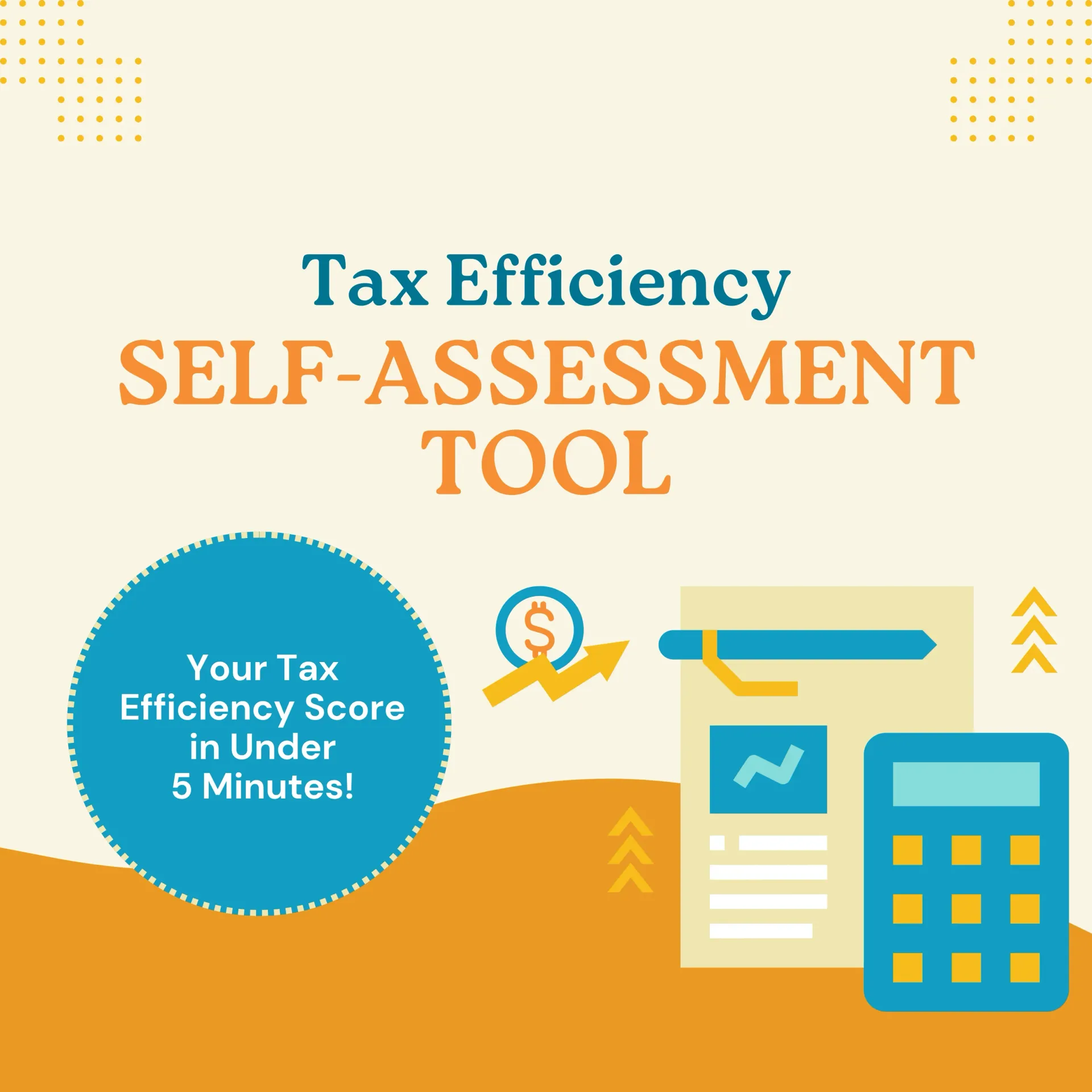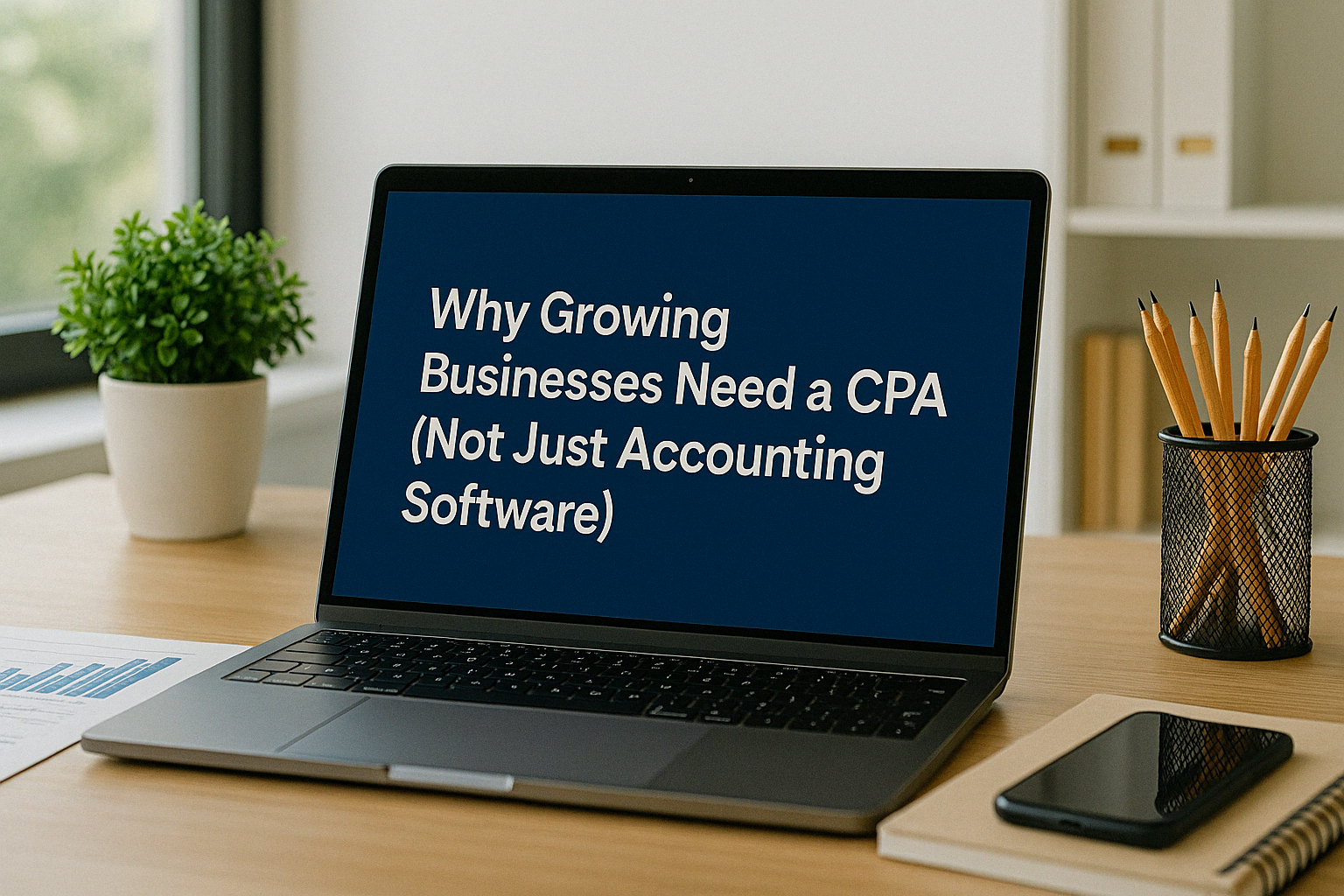Nonprofit Tax Filing: Common Errors and How to Avoid Them

Let's dive into the world of nonprofit tax filing, shall we? It's a bit like trying to navigate a maze blindfolded - tricky, confusing, and full of potential pitfalls. But don't worry, I've got your back. We're going to explore the most common mistakes nonprofits make during tax season and how you can steer clear of them.
Misclassification of Income: The "What Goes Where?" Dilemma
Ever tried to sort a jumble of socks into neat pairs? That's kind of what classifying nonprofit income feels like. You've got program revenue, donations, and unrelated business income all mixed up, and it's crucial to get them in the right categories.
I remember when I first started working with nonprofits, I'd stare at the income streams like they were written in hieroglyphics. But here's a tip: think of it like sorting your laundry. Donations are your whites (pure and simple), program revenue is your colors (directly related to your mission), and unrelated business income is that odd sock that doesn't seem to belong anywhere (but still needs to be accounted for).
Inaccurate Reporting of Expenses: The "Where Did All the Money Go?" Question
Tracking expenses in a nonprofit is like trying to keep tabs on a toddler in a toy store - things can get chaotic fast. But accurate expense reporting is crucial. It's not just about pleasing the IRS; it's about showing your donors and supporters that you're using their money wisely.
Set up clear guidelines for expense tracking. Maybe create a simple cheat sheet for your team. And don't forget to review regularly. Trust me, future you will thank present you for this diligence.
The Dreaded Form 990: Don't Ghost the IRS
Ah, Form 990. It's like that annual physical you keep putting off - necessary but often overlooked. Some nonprofits forget to file it, either because they're too busy saving the world or because they didn't know they had to. But here's the thing: not filing can lead to penalties and a tarnished reputation.
Create a compliance calendar. Stick it on your wall, set reminders on your phone, tattoo the date on your arm if you have to (okay, maybe not that last one). Just make sure you don't forget!
State Tax Filings: The Often Forgotten Cousin
Federal taxes get all the attention, but don't forget about state tax requirements. They're like that quiet relative at family gatherings - easy to overlook but important nonetheless. Each state has its own rules, and if you're operating in multiple states, you've got a real juggling act on your hands.
Do your homework on state-specific requirements. It might feel like you're back in school studying for a geography test, but it's worth it to avoid fines and legal headaches.
Record-Keeping: Your Financial Memory Bank
Good record-keeping is like having a photographic memory for your finances. Without it, you're essentially flying blind. Invest in good accounting software or hire a professional bookkeeper. It might seem like an unnecessary expense now, but trust me, it's cheaper than dealing with the fallout of poor record-keeping later.
Handling Donor Contributions: Treat Them Like Gold
Donor contributions are the lifeblood of many nonprofits. Mishandle them, and you might as well be poking holes in your own lifeboat. Follow IRS guidelines for acknowledging and tracking donations religiously. Your donors are trusting you with their hard-earned money - honor that trust.
Financial Statement Reconciliation: Making Sure Everything Adds Up
Reconciling financial statements is about as exciting as watching paint dry, I know. But it's crucial. Discrepancies between your statements and tax filings can raise eyebrows faster than a celebrity scandal. Schedule regular reviews and don't be afraid to call in the pros if numbers aren't your strong suit.
Unrelated Business Income Tax (UBIT): The Tax You Didn't Know You Owed
UBIT is like that surprise bill you get in the mail - unexpected and often unwelcome. If your nonprofit is engaging in activities unrelated to your exempt purposes, you might be on the hook for this tax. Get familiar with UBIT rules and track this income carefully. When in doubt, consult a tax expert.
Lobbying: Walking the Fine Line
Lobbying for nonprofits is like walking a tightrope - exciting but potentially dangerous if you lose your balance. Exceed spending limits or engage in prohibited political activities, and you could be kissing your tax-exempt status goodbye. Develop clear policies and keep a close eye on your advocacy activities.
Professional Guidance: Your Tax Season Lifeline
Look, I get it. Hiring a professional feels like an unnecessary expense when you're trying to stretch every dollar. But think of it as an investment in your organization's future. A good CPA firm specializing in nonprofits can save you from costly mistakes and give you peace of mind.
In conclusion, navigating nonprofit tax requirements isn't for the faint of heart. It requires attention to detail, a commitment to transparency, and sometimes, a healthy sense of humor. But with the right strategies and support, you can tackle tax season like a pro and keep your nonprofit on track to change the world. You've got this!
Discover Your Tax Savings Score in Minutes!


Salim is a straight-talking CPA with 30+ years of entrepreneurial and accounting experience. His professional background includes experience as a former Chief Financial Officer and, for the last twenty-five years, as a serial 7-Figure entrepreneur.




